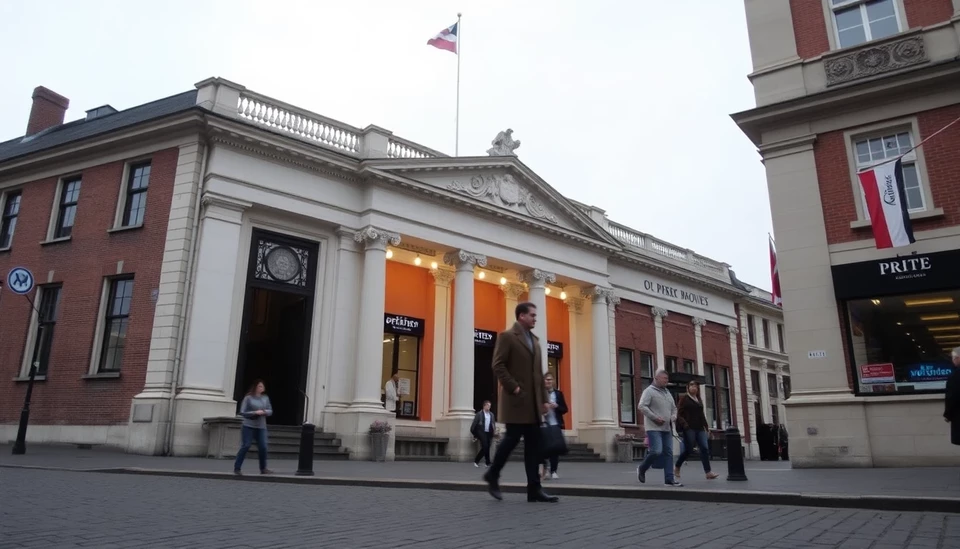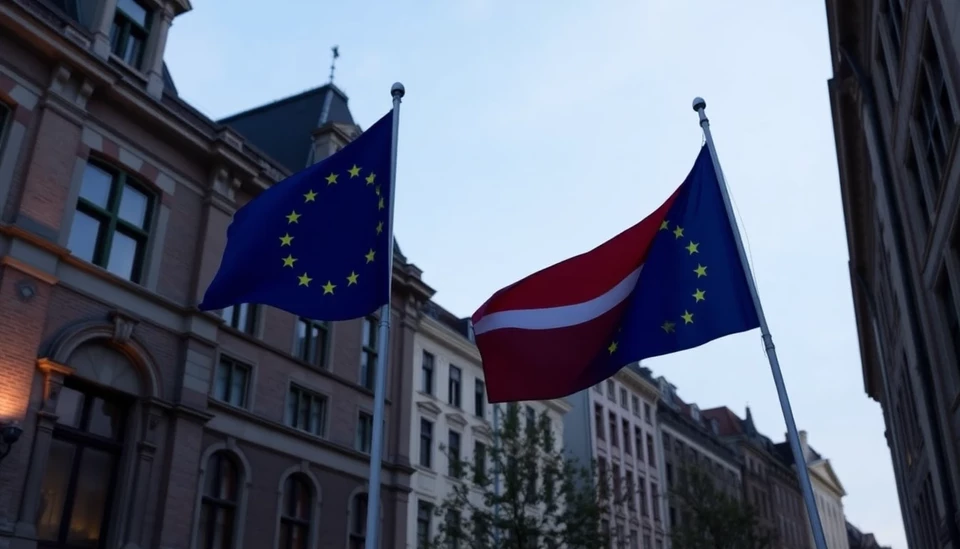
In a significant shift in its financial strategy, the Dutch government has announced plans to decrease its ownership in ABN AMRO Group N.V., the country's leading banking institution, down to roughly 30%. This decision reflects a broader strategy aimed at restoring the bank to private ownership and signifies a step away from the extraordinary levels of government intervention experienced during the financial crisis over a decade ago.
The move comes as a part of a comprehensive effort to streamline the banking sector and fortify the private market. Presently, the Dutch government holds a 56% stake in ABN AMRO, which it acquired as part of a bailout deal following the 2008 financial crisis. Since then, efforts have been made to rehabilitate the bank and recast it into a more robust status, allowing it to thrive as a private entity once again.
Economic Minister Sigrid Kaag expressed optimism regarding the impending share sales. “This decision represents a pivotal moment for ABN AMRO and our economy. Transitioning to a more market-driven structure will benefit the bank and the broader economic landscape in the Netherlands,” she stated. Kaag underscored that the government intends to initiate the sales in a careful and calculated manner, ensuring minimal disruption within financial markets.
Analysts have pointed out that cutting the stake could provide the mechanism for ABN AMRO to focus more keenly on competing in the global market. The sale will likely attract a diverse set of investors, providing the bank with additional capital to invest back into its operations and enhancing overall growth prospects.
Investors seem to view this move positively, as it may restore confidence in the bank as a viable competitor without the heavy oversight typically associated with government ownership. Increased competition could, in turn, benefit customers through better service and possibly lower fees.
However, the government has indicated that it will retain a degree of influence during the transition process to ensure stability and effective governance within the bank. The precise timeline for the sales remains unclear, but market watchers are keenly observing the developments, eager to gauge investor appetite for shares of ABN AMRO.
As this unfolding situation progresses, it signals not only a pivotal point for ABN AMRO but also hints at the broader financial strategies that may emerge from European governments as they seek to balance public ownership with private market viability.
In conclusion, the decision to pare down its stake in ABN AMRO is emblematic of the Netherlands' commitment to fostering a dynamic banking sector that can sustain economic growth and resilience, all while reducing reliance on government support.
#Netherlands #ABNAMRO #BankingSector #FinancialNews #GovernmentOwnership #MarketStrategy #Investment #EconomicGrowth #EuropeFinance
Author: Samuel Brooks




